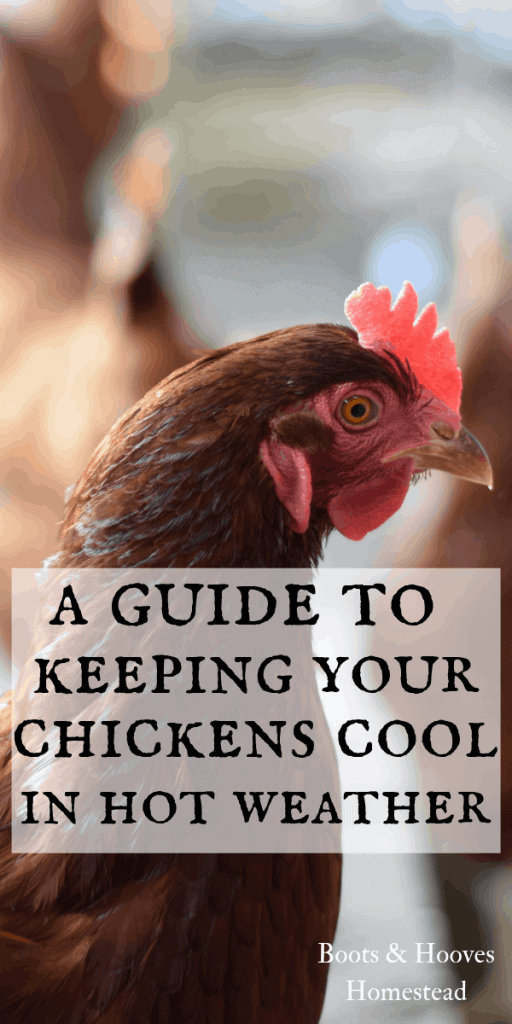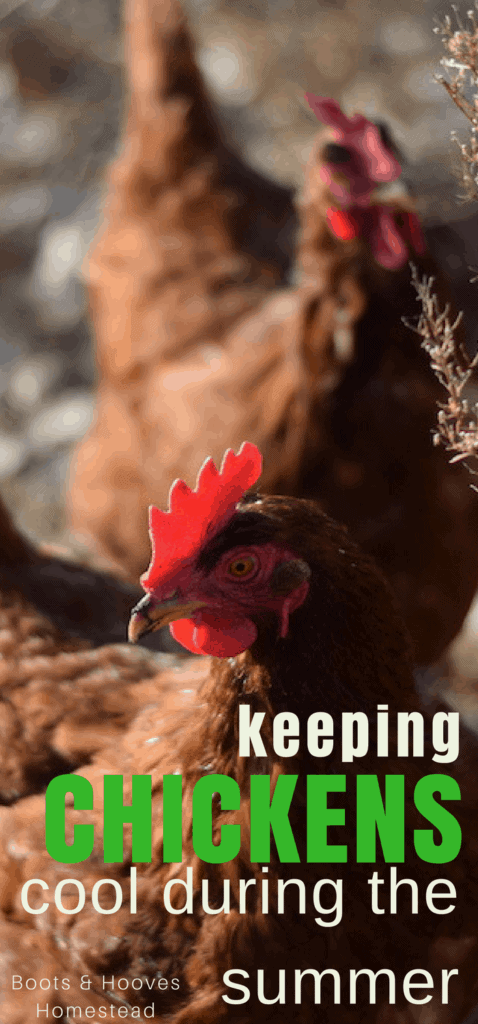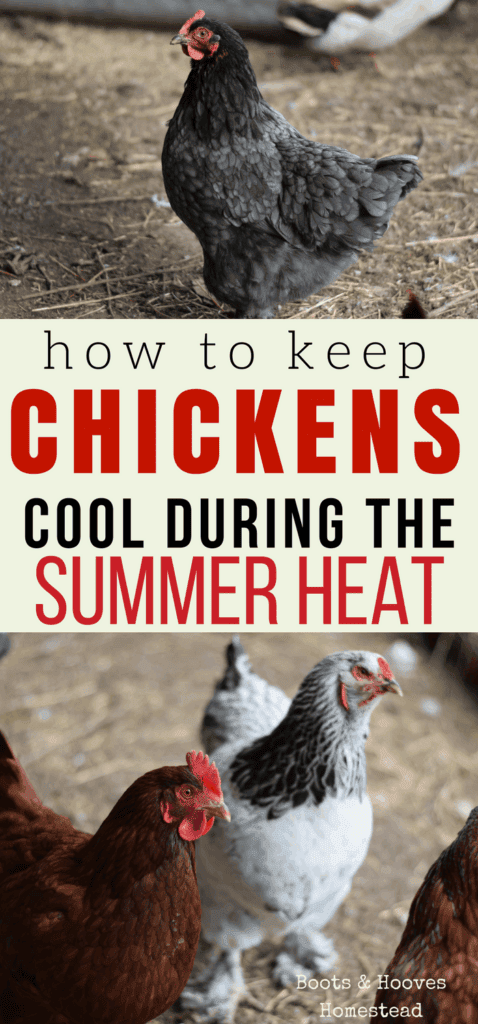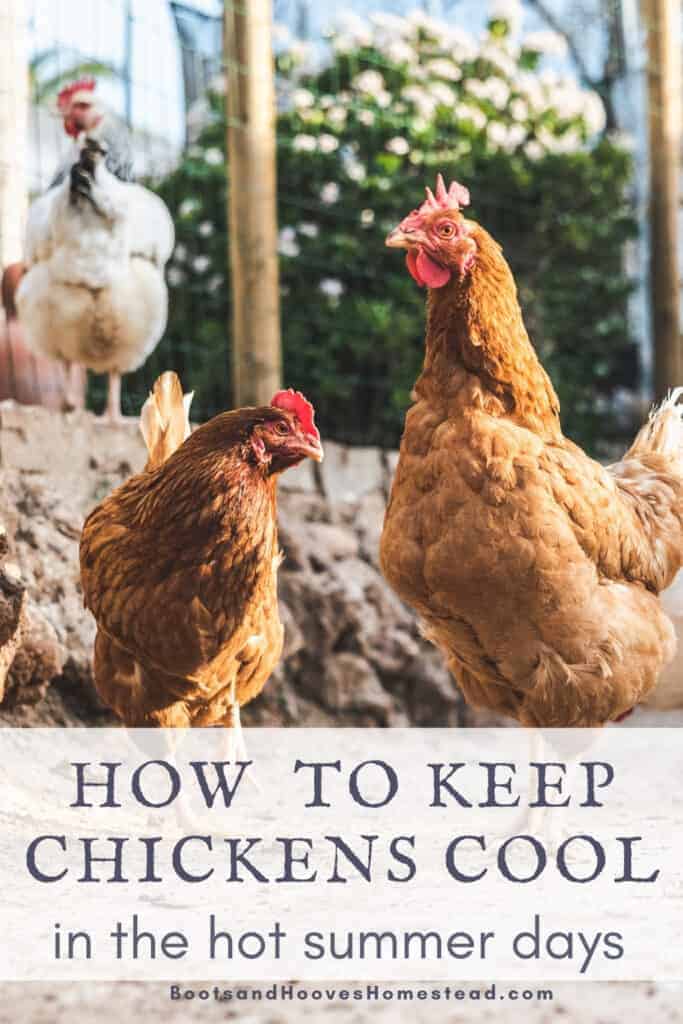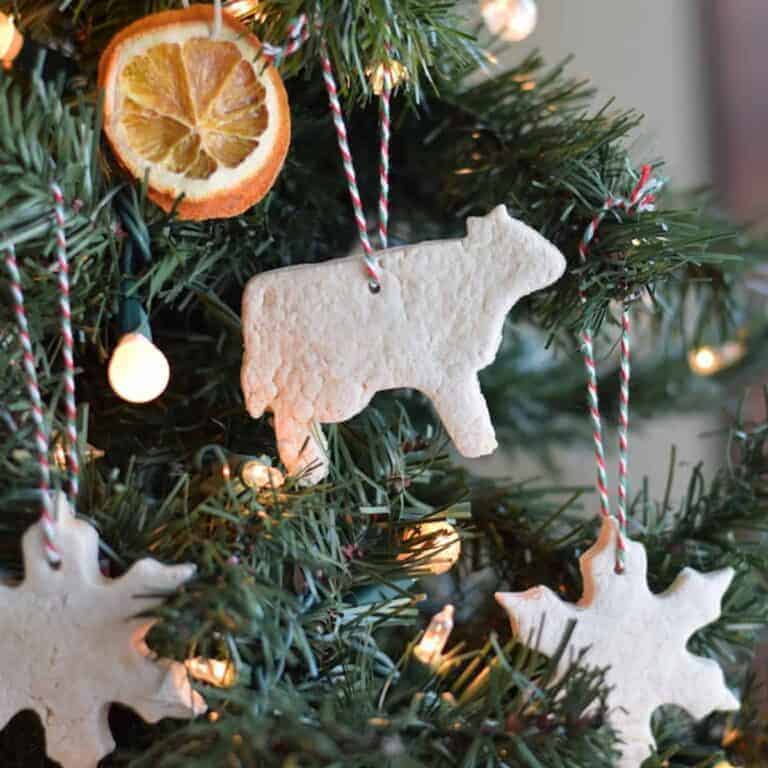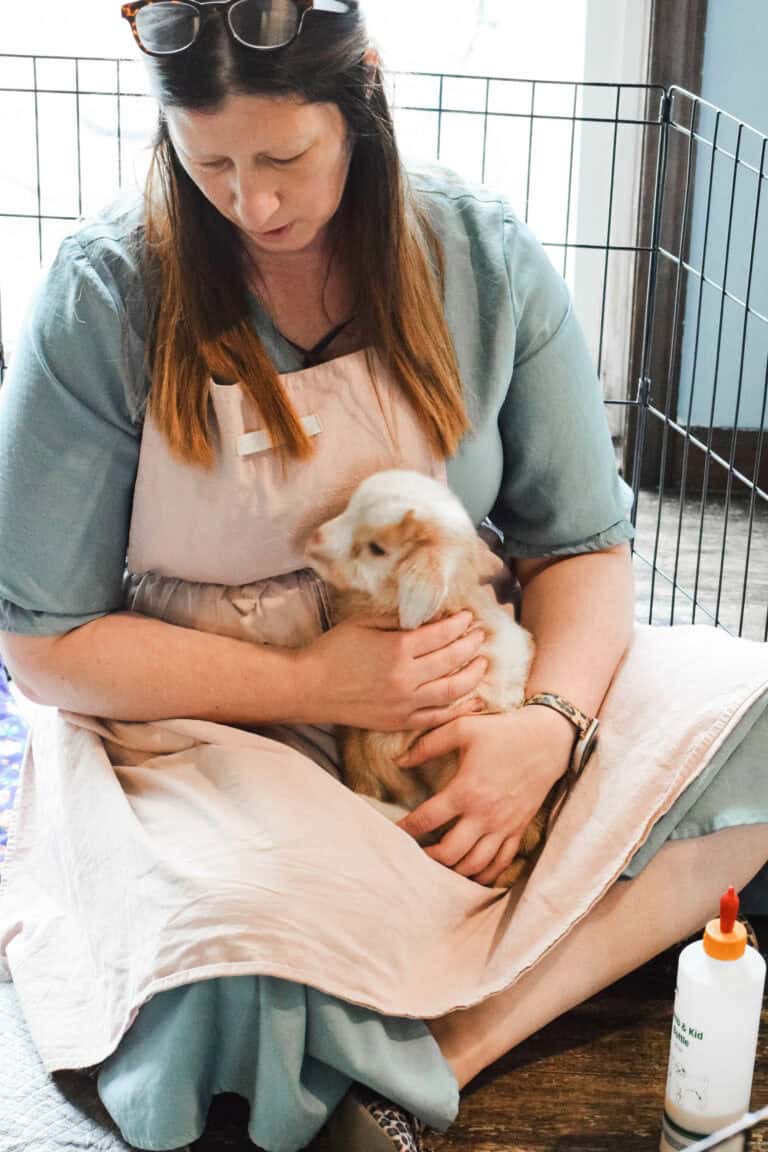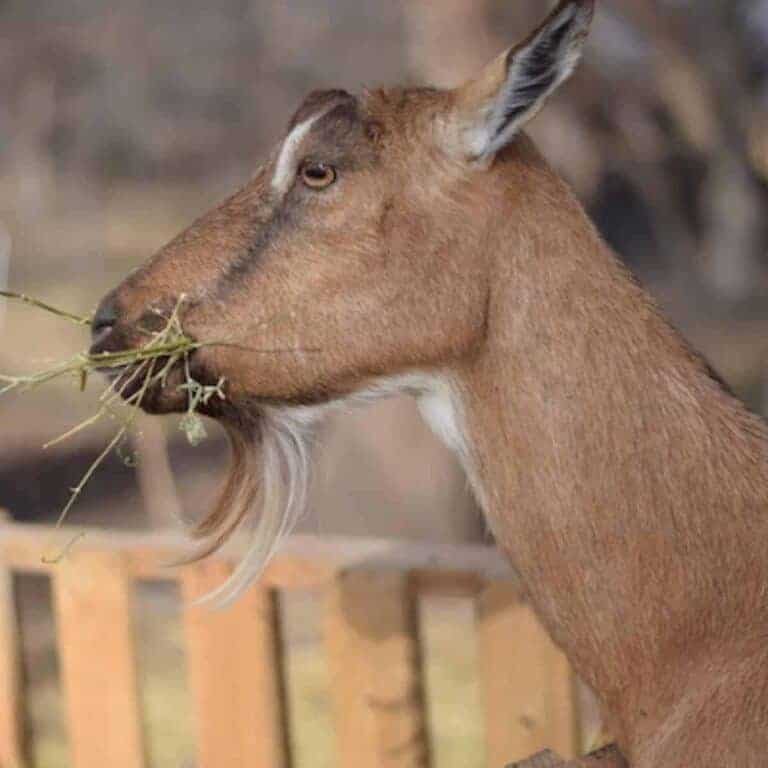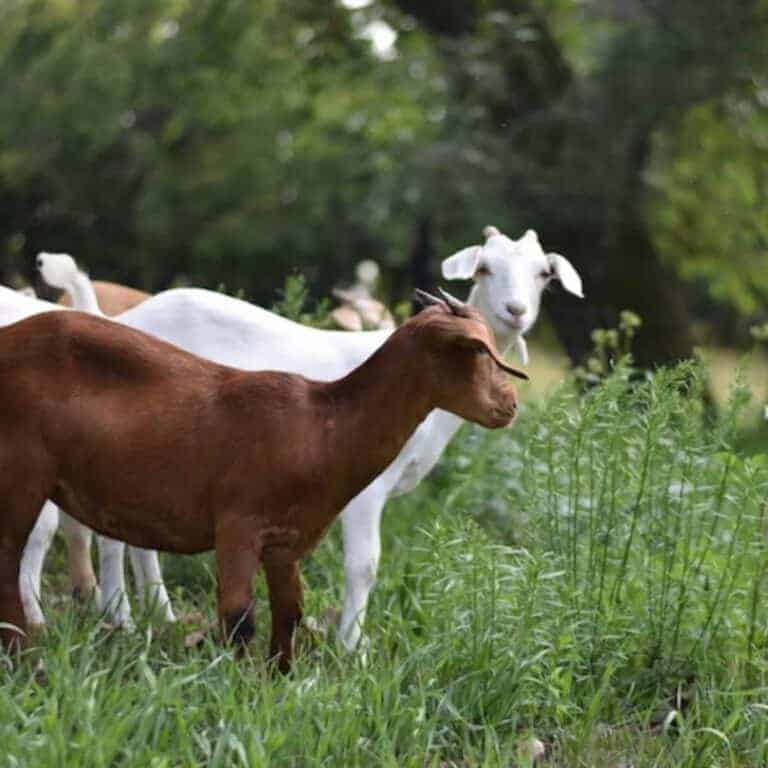How to Keep Chickens Cool
The last thing that I want is for our chickens to suffer or get ill from heat exhaustion. That’s why learning how to keep chickens cool in the summer is so important for anyone who raises chickens.
A few simple little things that we do inexpensively, help keep our chickens healthy, happy, and comfortable during the hottest days of summer.
We live in an area where we are not only graced with hot temps during the summer, but we also have a lot of humidity. It can become very uncomfortable for not only us, but our animals as well.
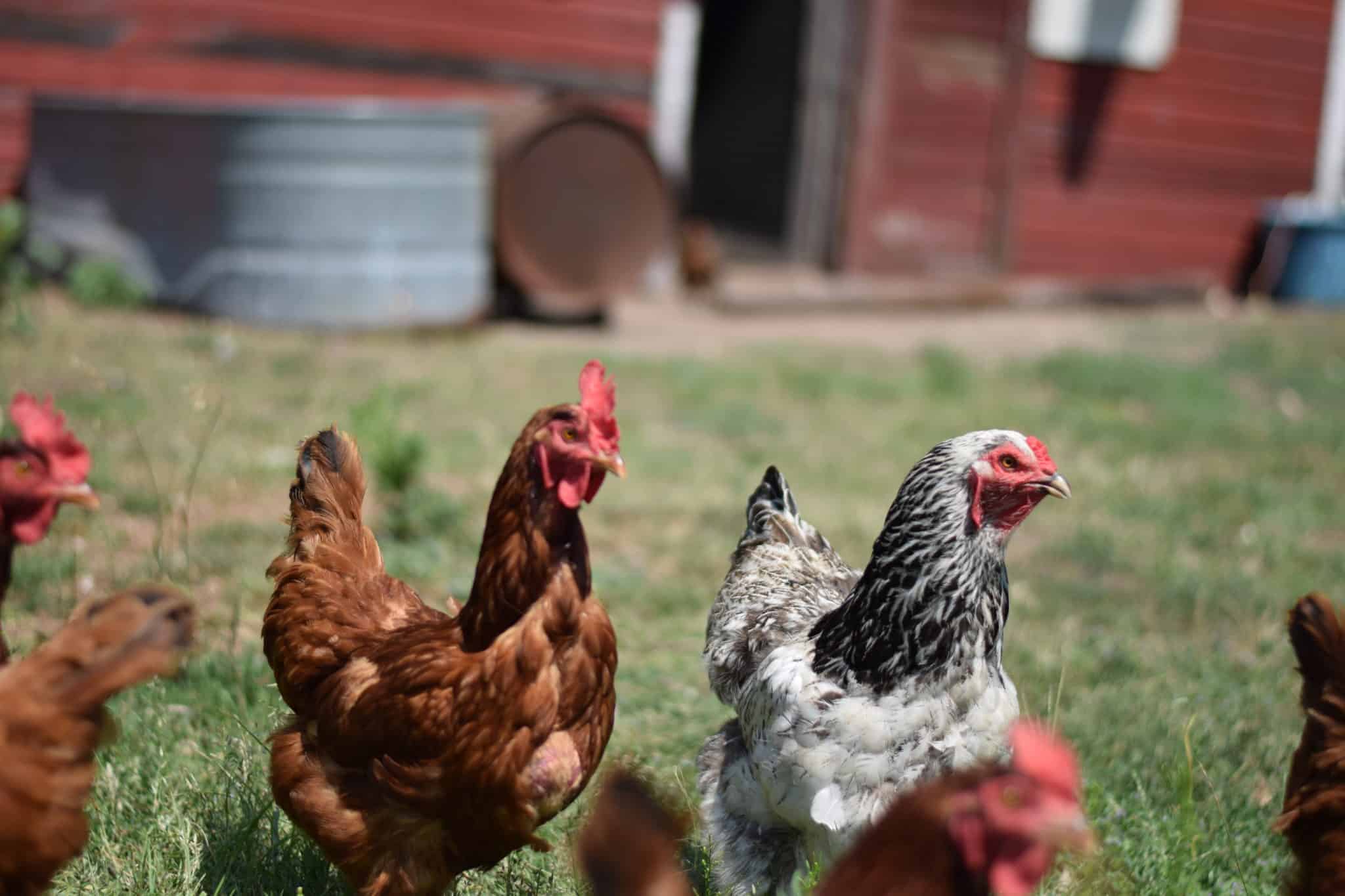
This post has been updated from it’s original publish date of 3/30/2018.
where would you like to start?
How to Keep Chickens Cool in the Summer
Here are 10 tips that are helpful how to keep chickens cool in extreme heat.
- Provide fresh cool water and change out frequently, especially during exceptionally hot days.
- Give your chickens some shade to hide out and stay cool.
- Ensure that the chicken coop/housing is well ventilated.
- Avoid foods like corn, scratch grains or anything that is harder to digest during the hotter days. Since these types of foods are harder to digest, it creates more body heat for the chickens.
- Provide frozen treats, such as, frozen water melon, grapes, or blueberries. I like to freeze cucumbers in these silicone muffin cups with water for a little summer time treat.
- Other frozen food ideas: freeze fruits, veggies, and a little bit of herbs with just a little amount of water in these silicone muffin cups. Then, I’ll chop it up a little to create a simple slushy treat.
- Create a chicken piñata by using a head of iceberg lettuce (big on water content) and hang with some twice. It creates fun entertainment for the chickens, too!
- Something new for us this year – I’m going to test out this portable mister for the crazy hot days. It looks simple and it attaches to a garden hose, but I think our gals will enjoy cool grass.
- Fill a kiddie pool with just a couple of inches of water for chickens to cool off in. Chickens can’t swim, so only a couple of inches is needed. Most chickens don’t like the water, but there are a few of ours that enjoy the kid pool.
- If you have a coop set up that has electricity and it’s safe to do so, add in a fan for a little extra air flow.

Chicken Breeds and Hot Weather
Something else to consider if you’re just starting out with chickens and live in a warmer climate. There are many breeds which tolerate the heat better than others.
For example, some lighter colored breeds can tolerate the heat better than others.
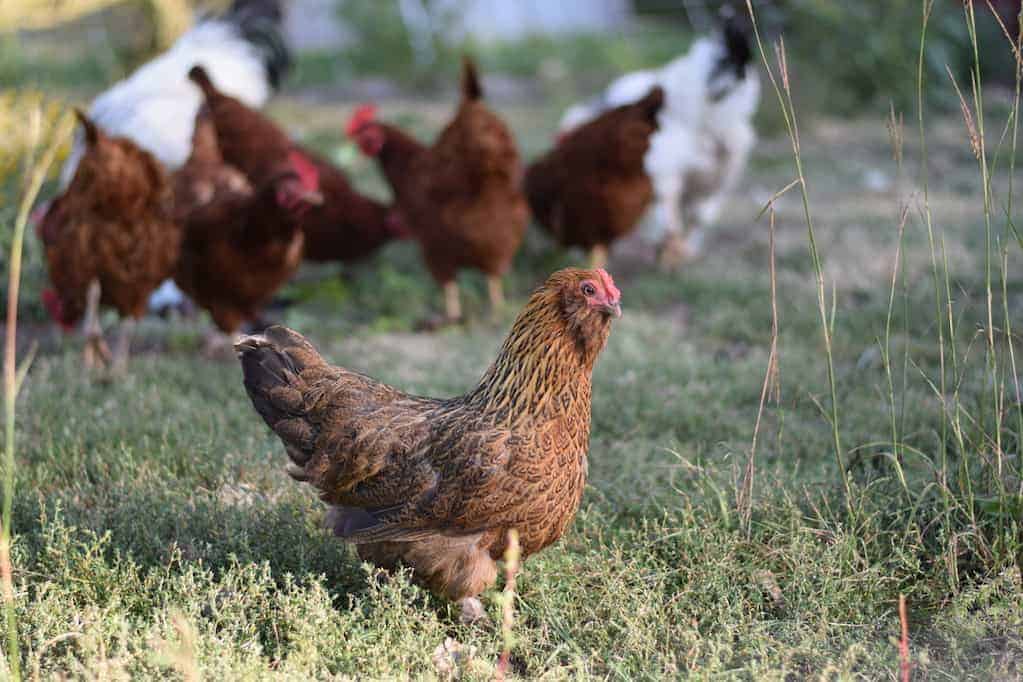
Here are just a few of the breeds that we have kept that with the proper TLC, have been able to handle the heat and humidity:
Silkies
Buff Orpington
Rhode Island Reds
Wyandotte
Want to save this?
Ameracuana
Brahma
Hamburg
And here are even more breeds that are generally recommended to be heat hardy:
Leghorn
Easter Egger
Barred Rock Bantam
Egyptian Fayoumi
Related: Favorite Chicken Breeds to Raise as Pets
How to Spot Heat Exhaustion in Chickens
The first and best thing for the health of your chickens is prevention, but in the event that they become sick or stressed from the heat, it’s important to know the signs.
- Chicken may stop eating, drink an excessive amount of water; which leads to diarrhea.
- Loss of energy and becomes withdrawn, lethargic, and/or disoriented.
- Chicken is panting or displays fast breathing, and/or labored breathing.
- Will lay on the ground with wings outstretched. A sign that it is trying to cool itself.
- Stops laying, eggs become soft.
- And in severe cases, seizures and death.
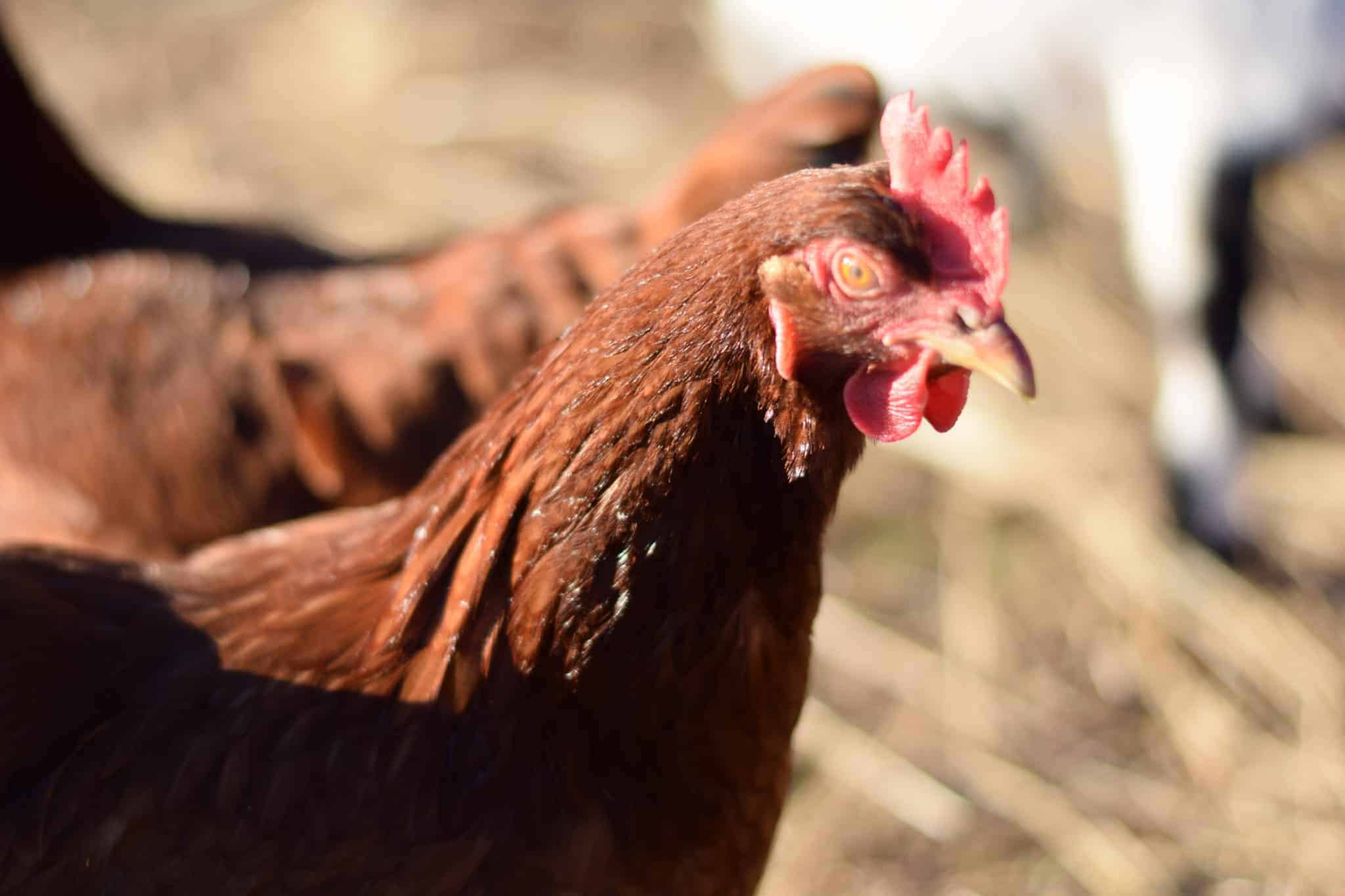
How to treat:
One thing you’ll want to do first is to cool the chicken in water, but make sure that it is not too cold. Too rapid of a cool down can make the situation worse and possibly lead to death.
So, start with water that is close to the same temperature as the chicken.
Try to get the chicken to drink some water and add electrolytes to your chicken’s water if you spot signs of dehydration. This is a good thing to keep on hand or in your livestock first aid kit.
Separate from the other chickens and monitor until it shows signs of improvement.
And always, check with your veterinarian if you have any questions or concerns. I am not a vet or medical professional. I am only sharing what I have learned from keeping chickens over the years.
Remember, prevention is the best medicine!

